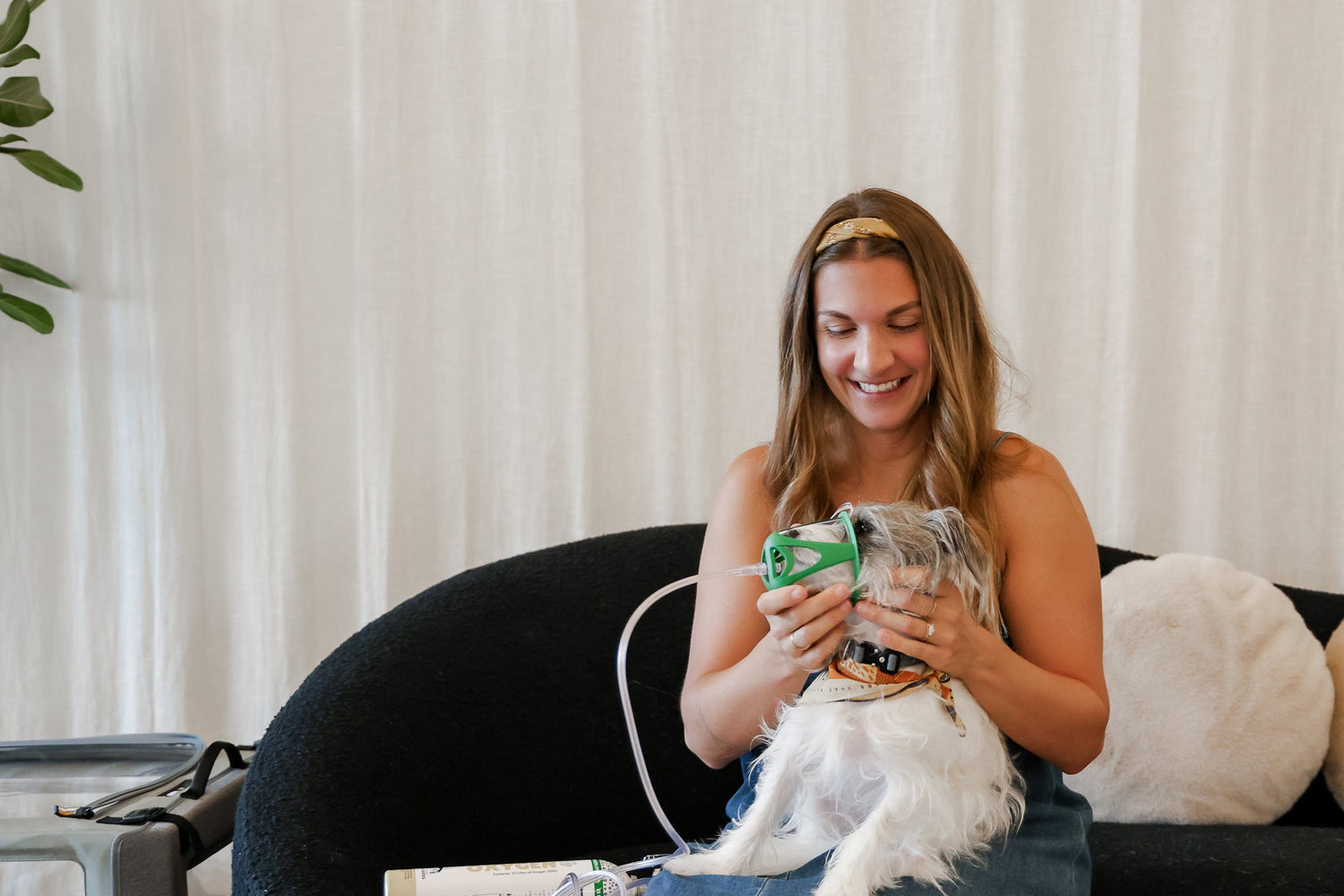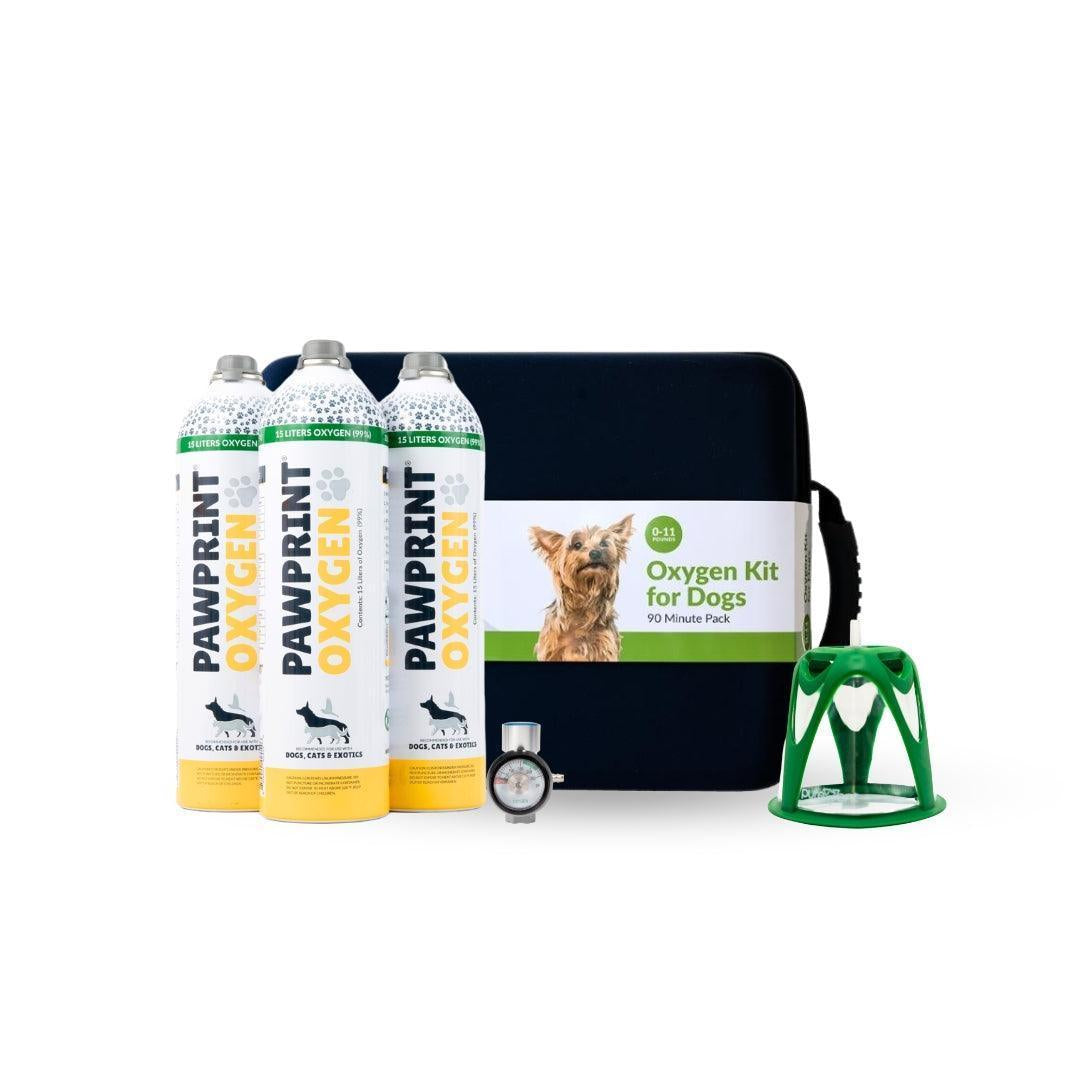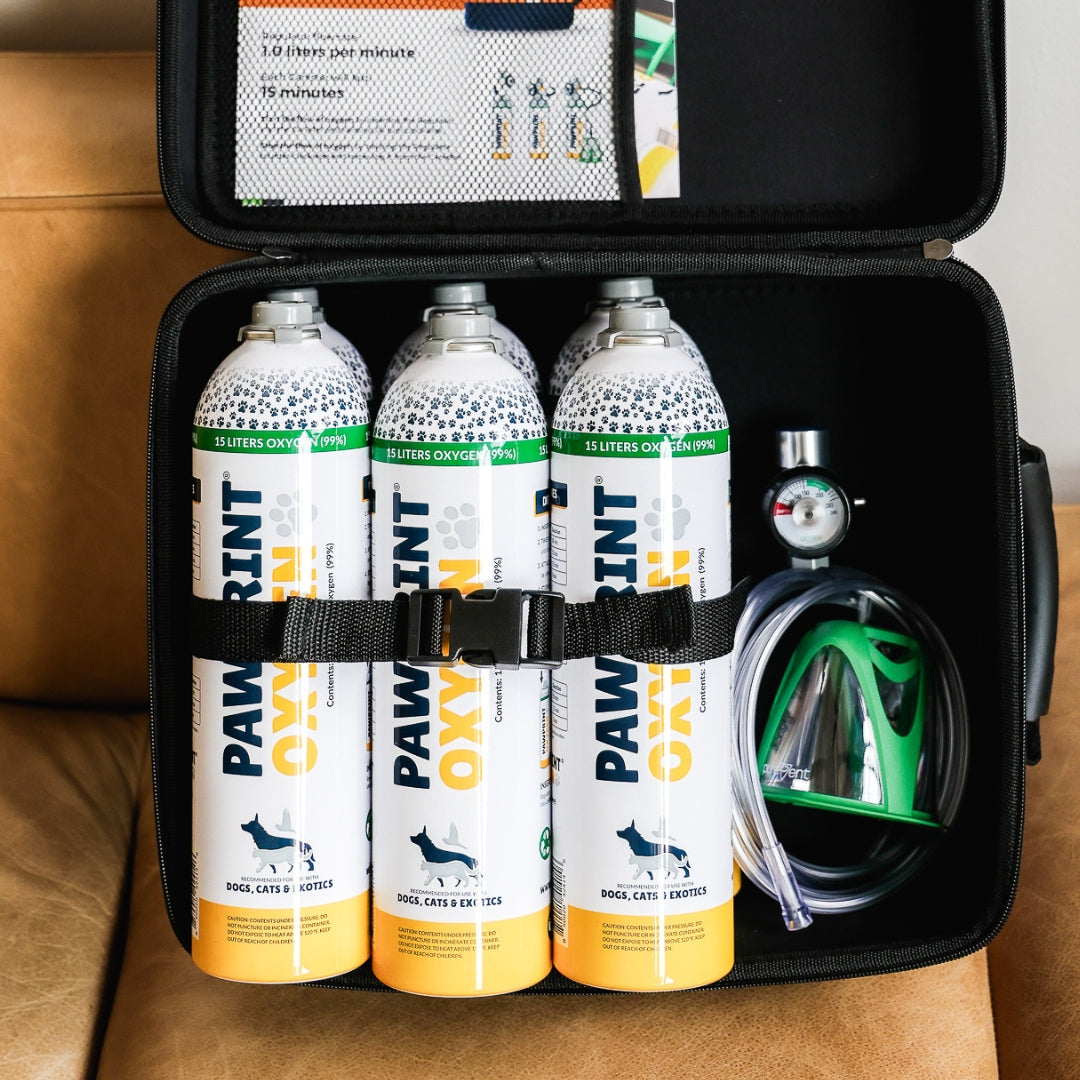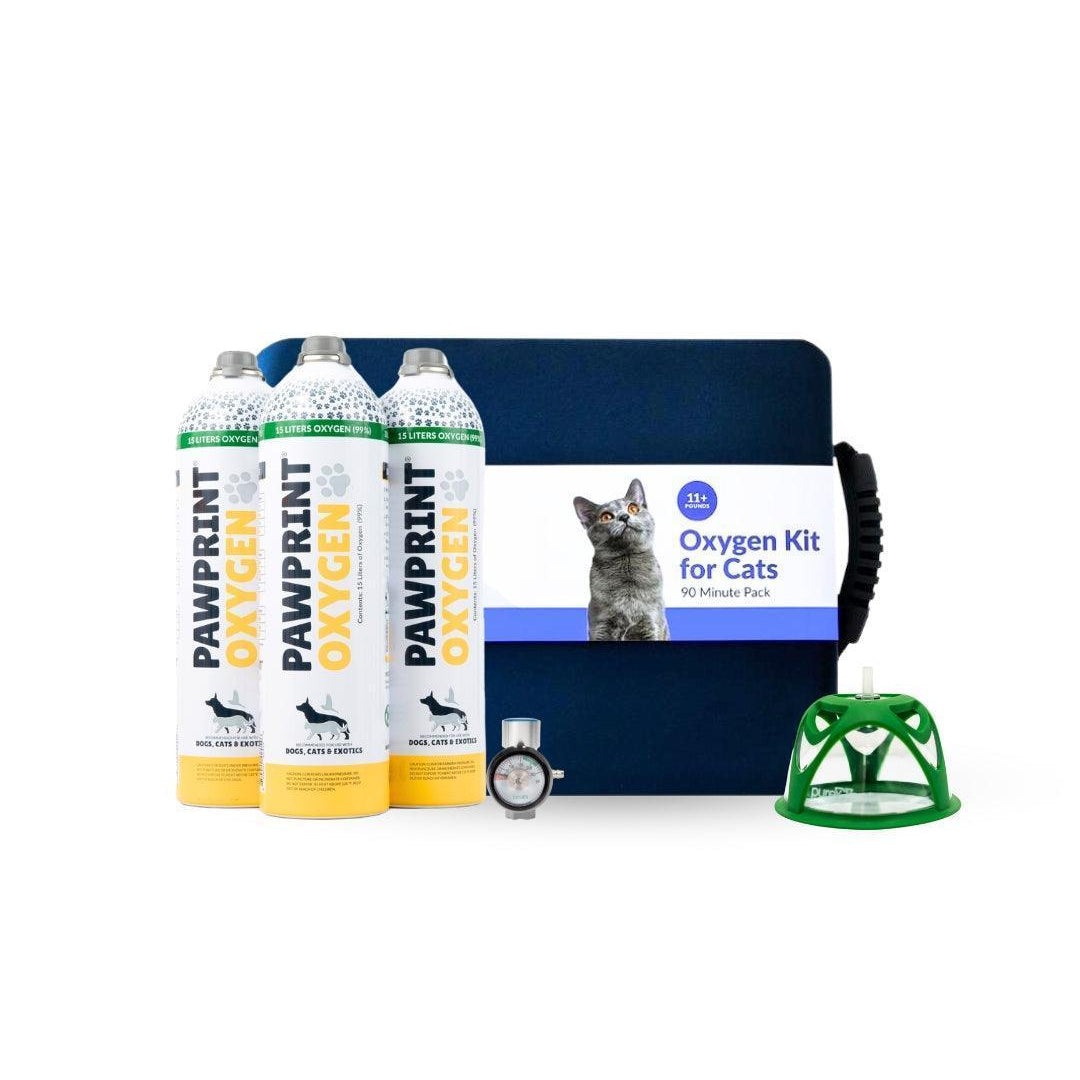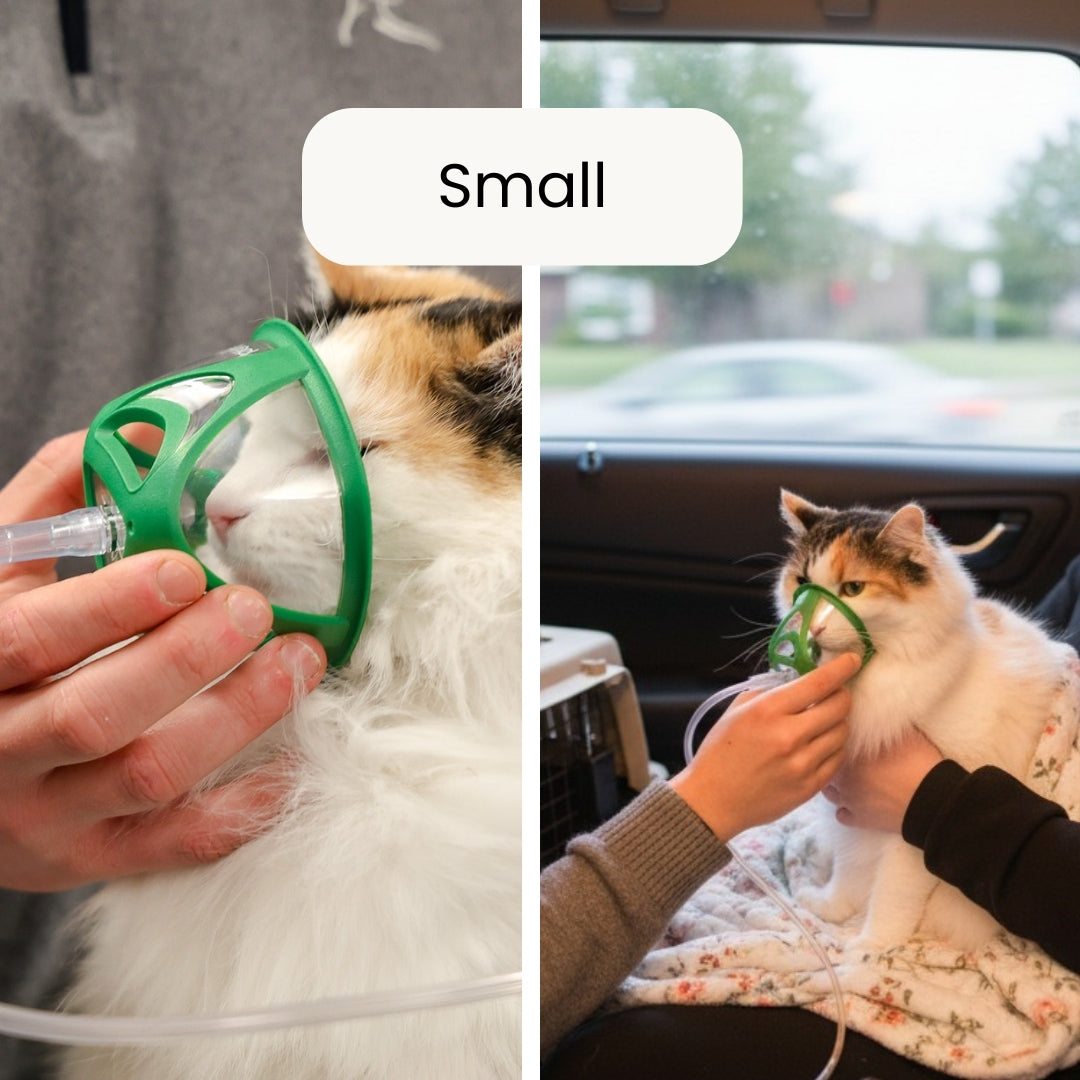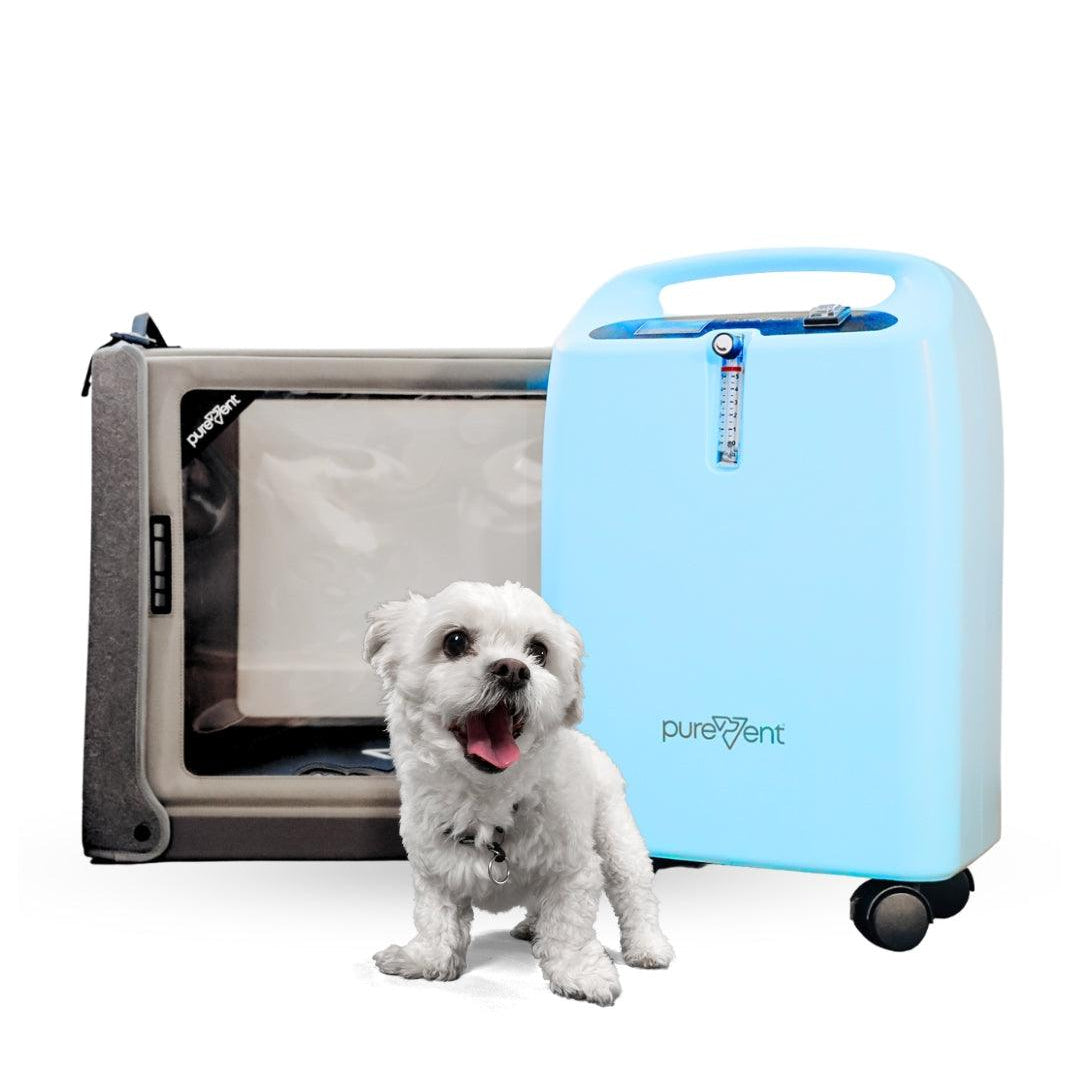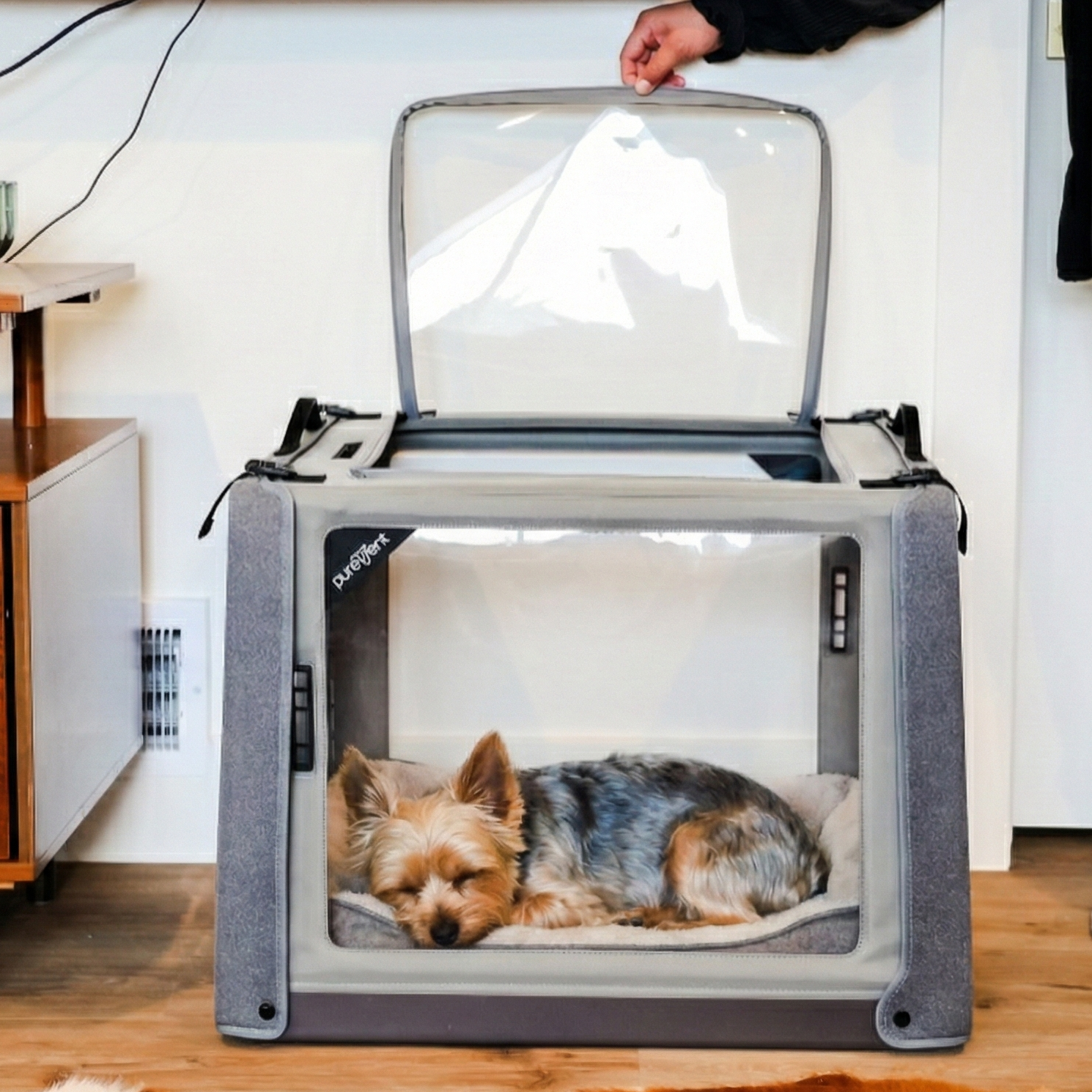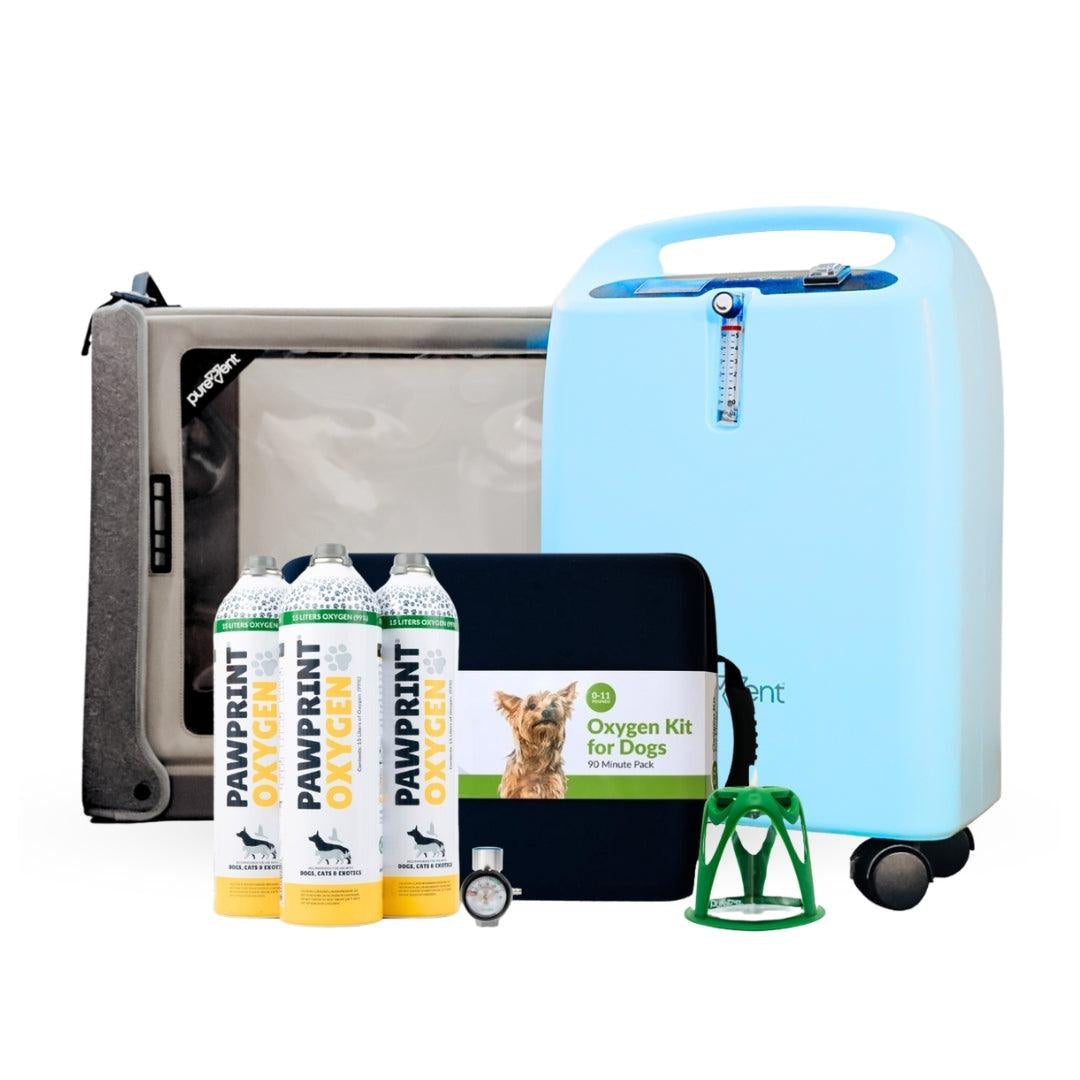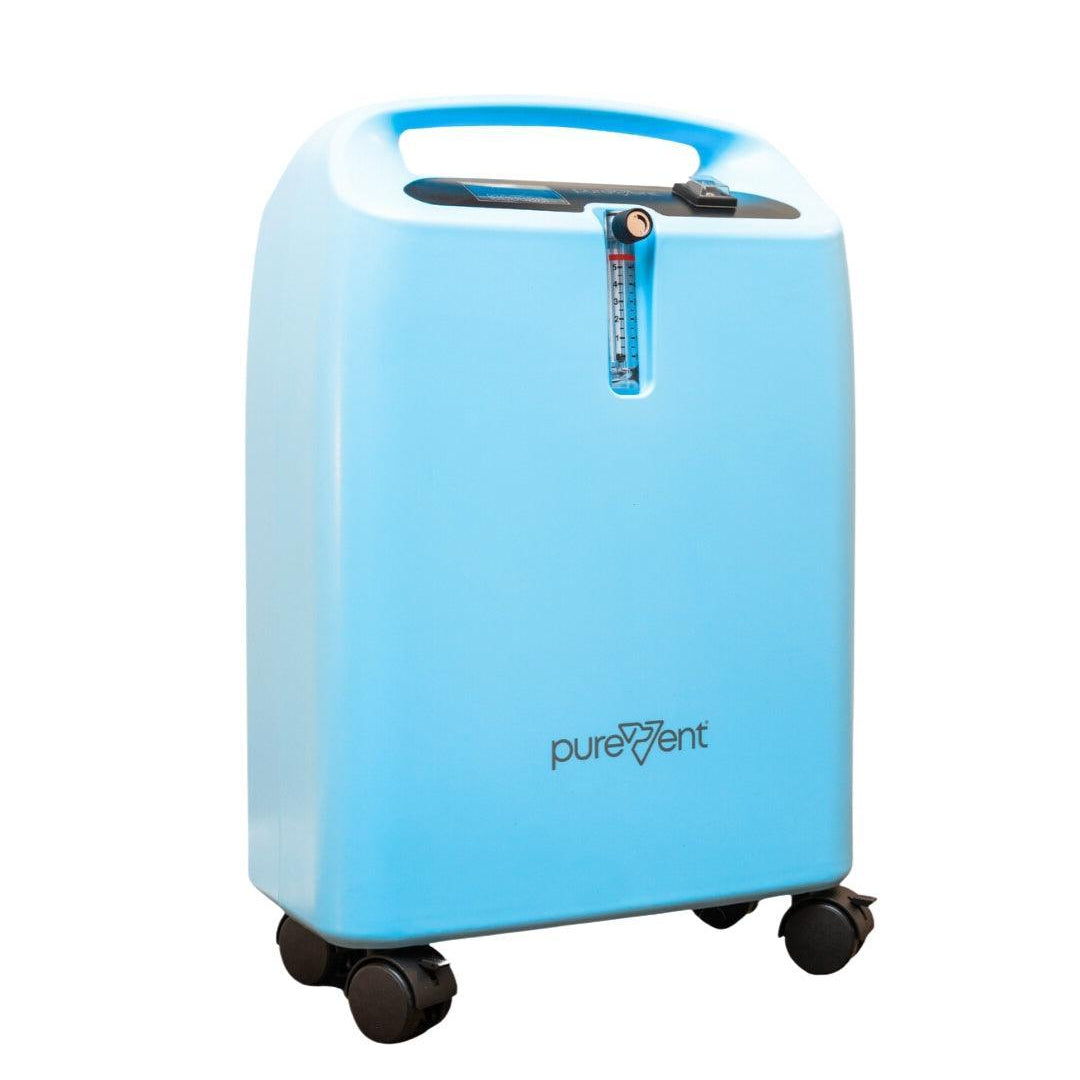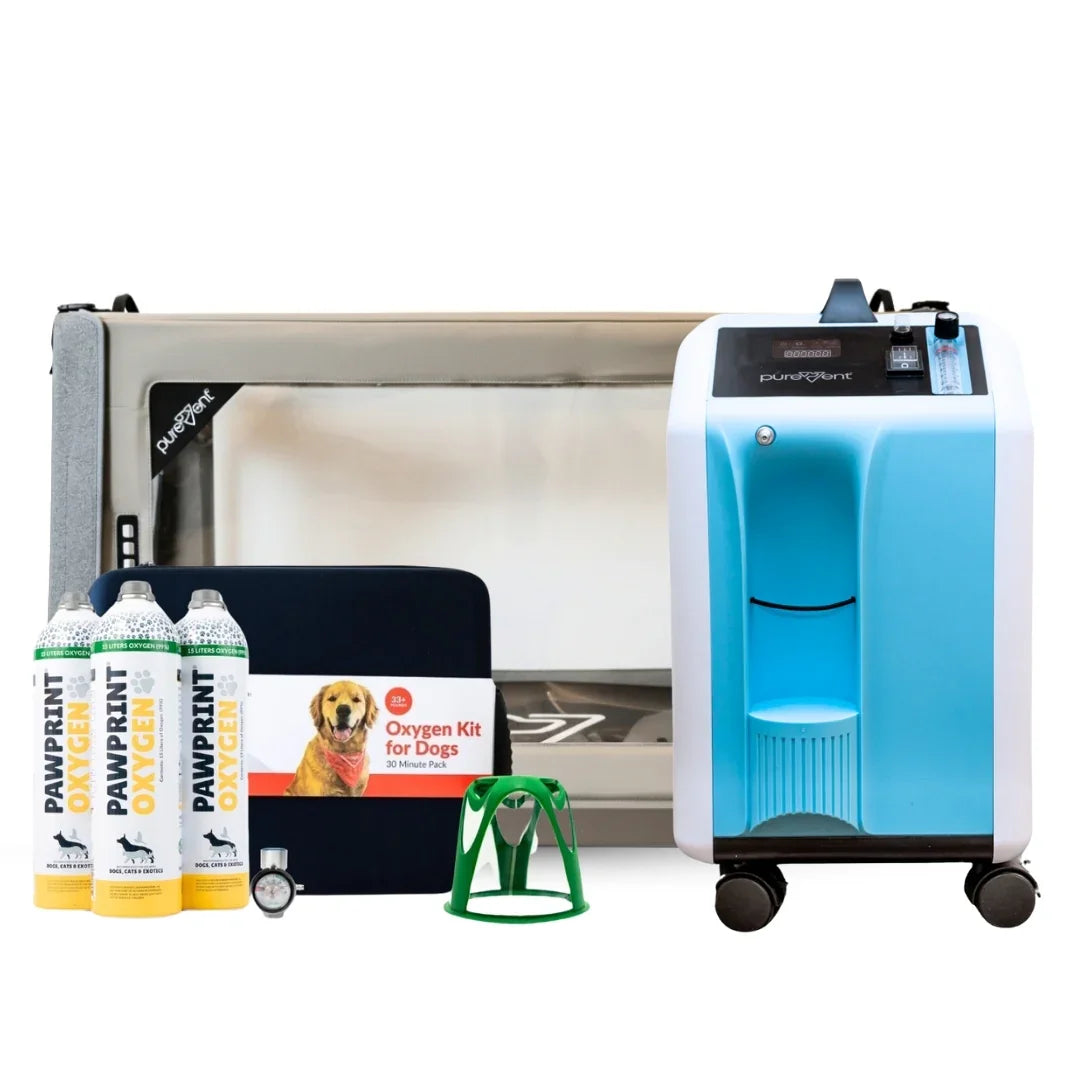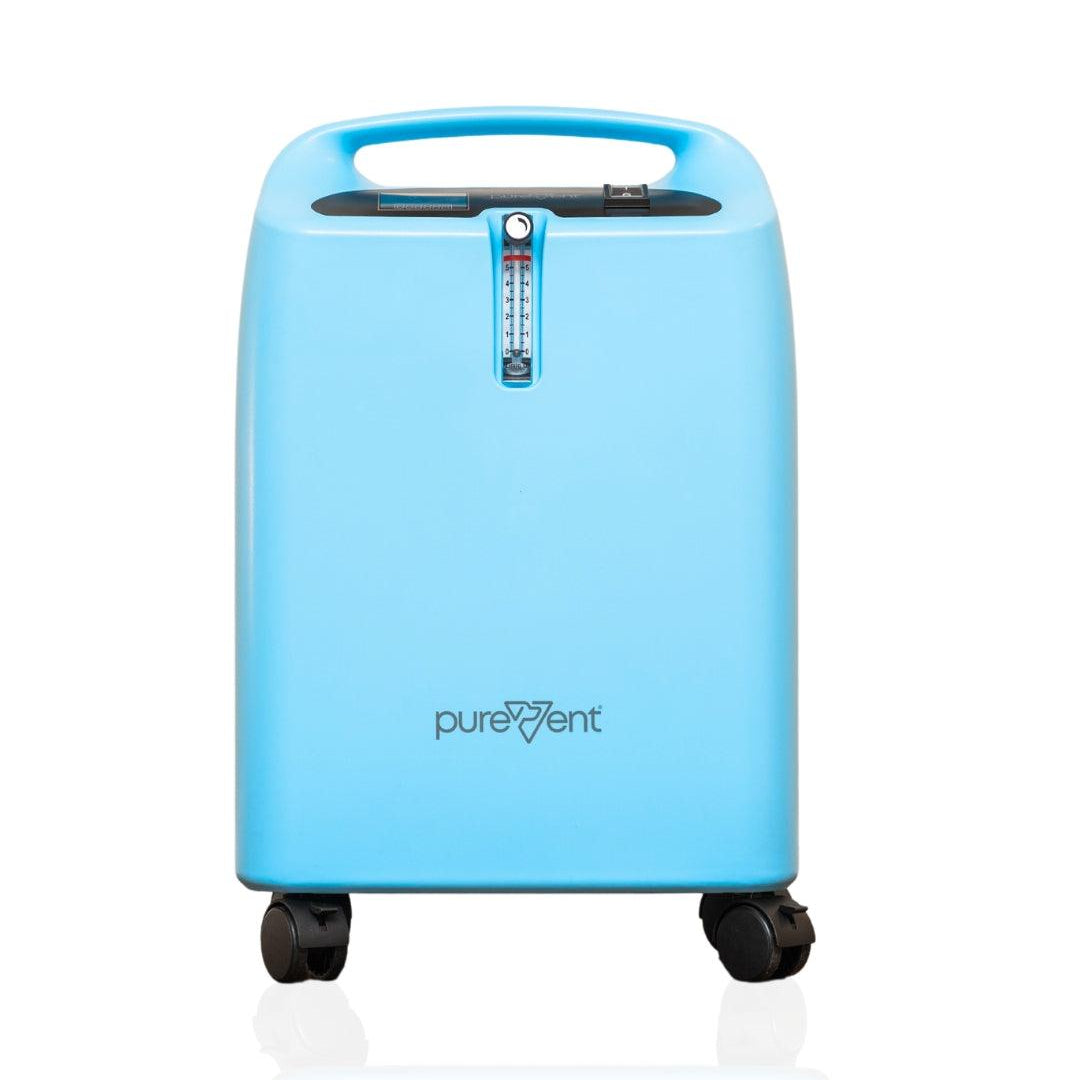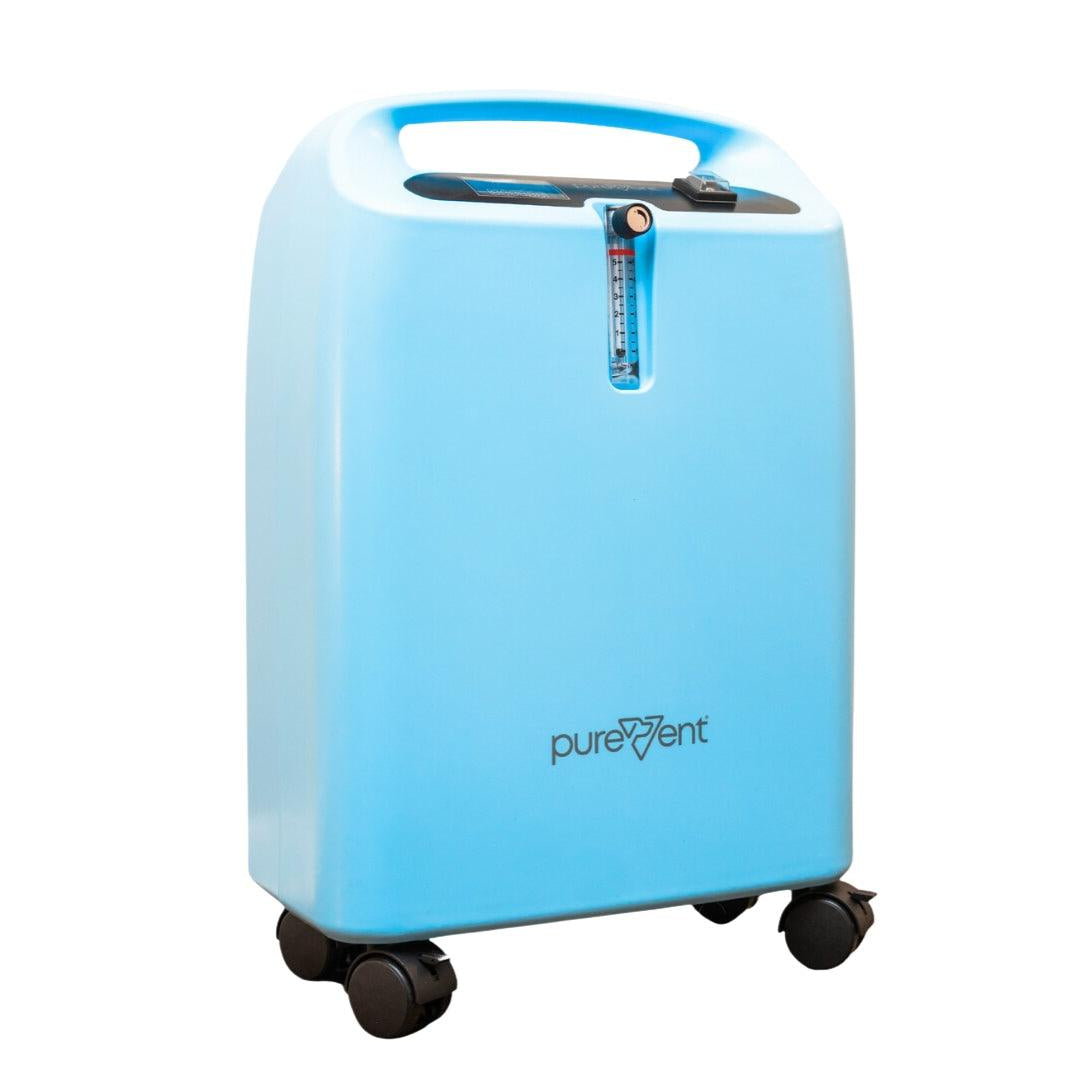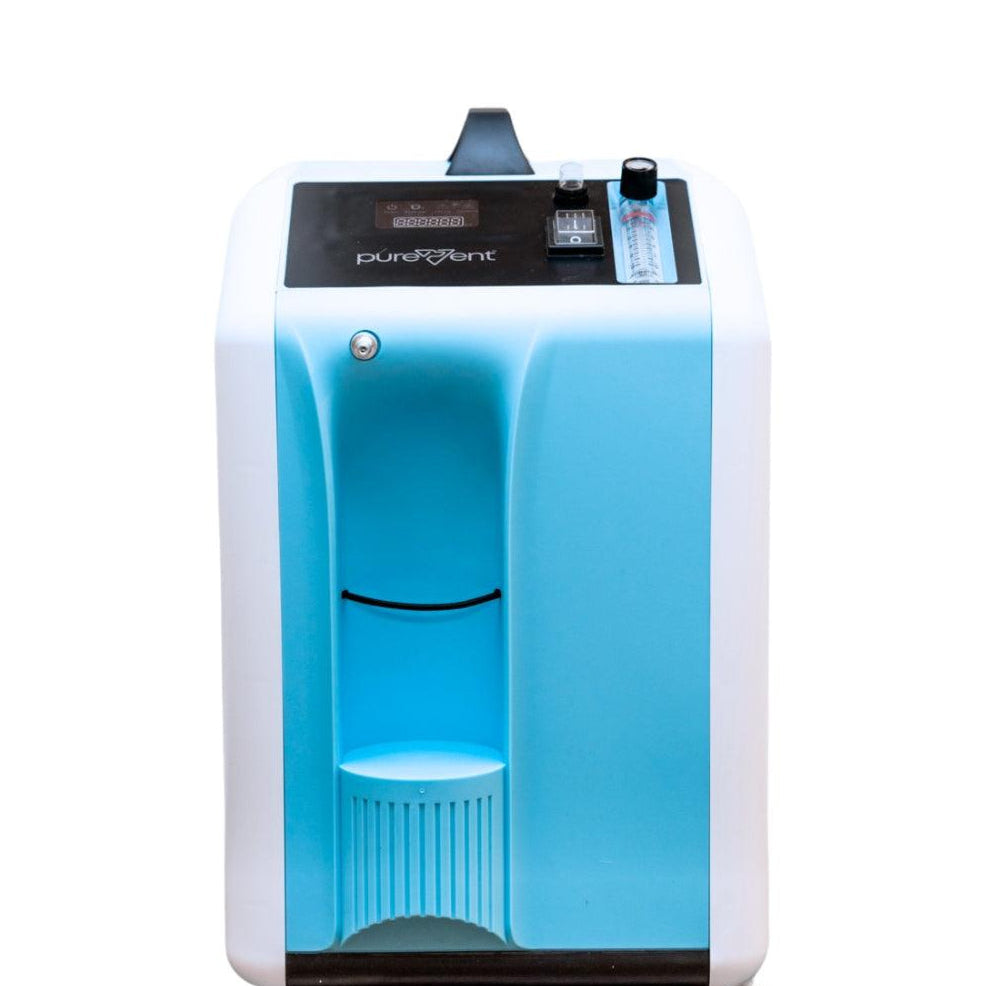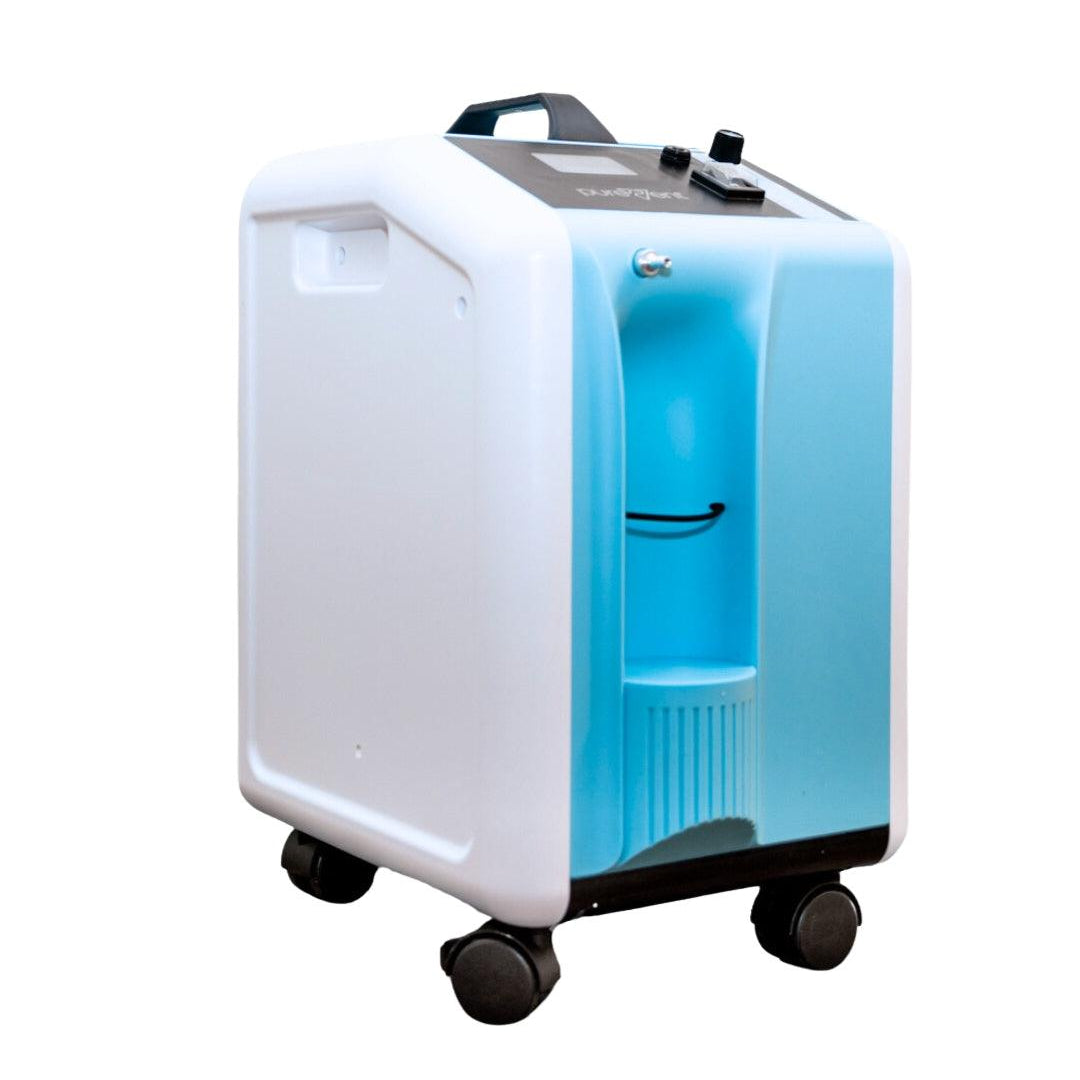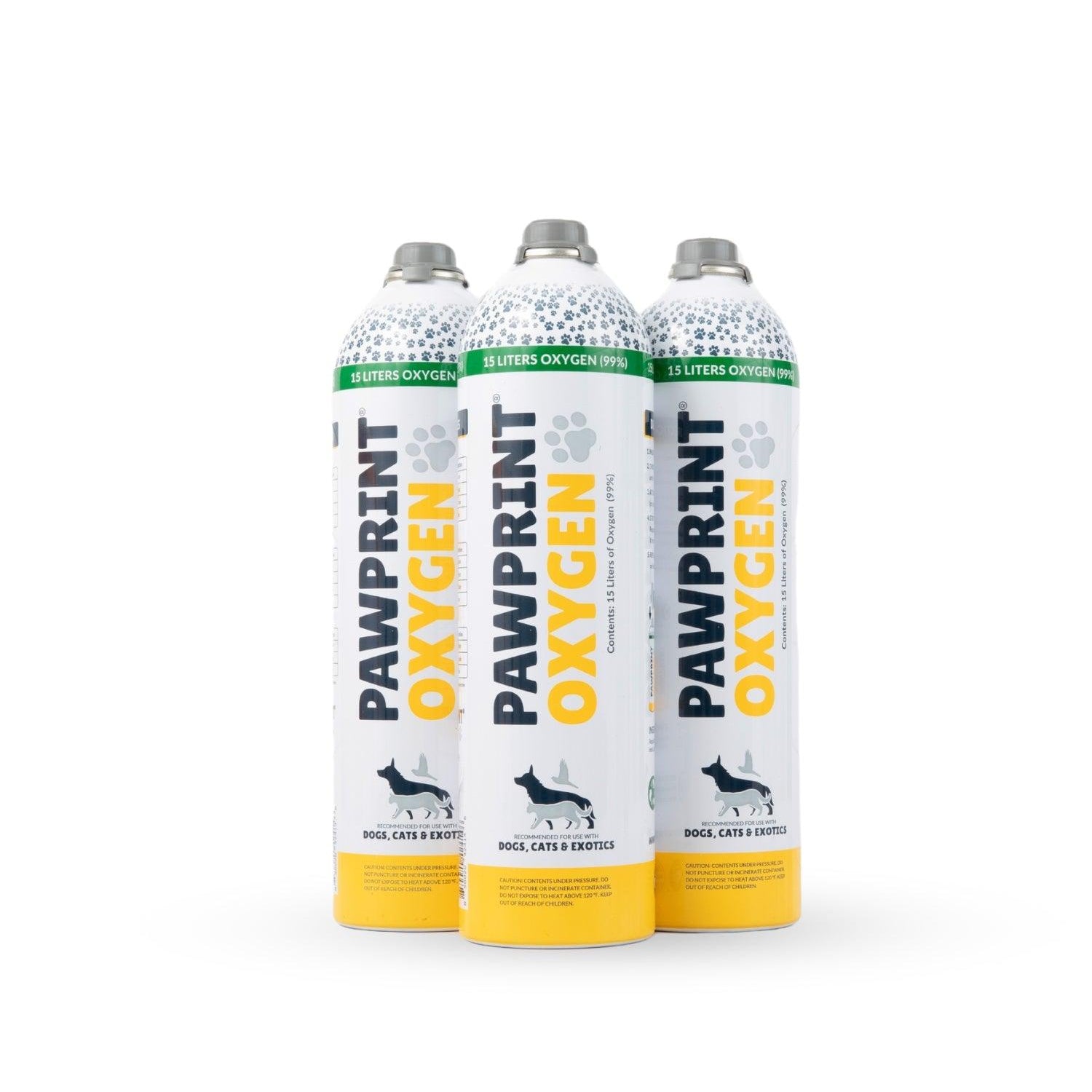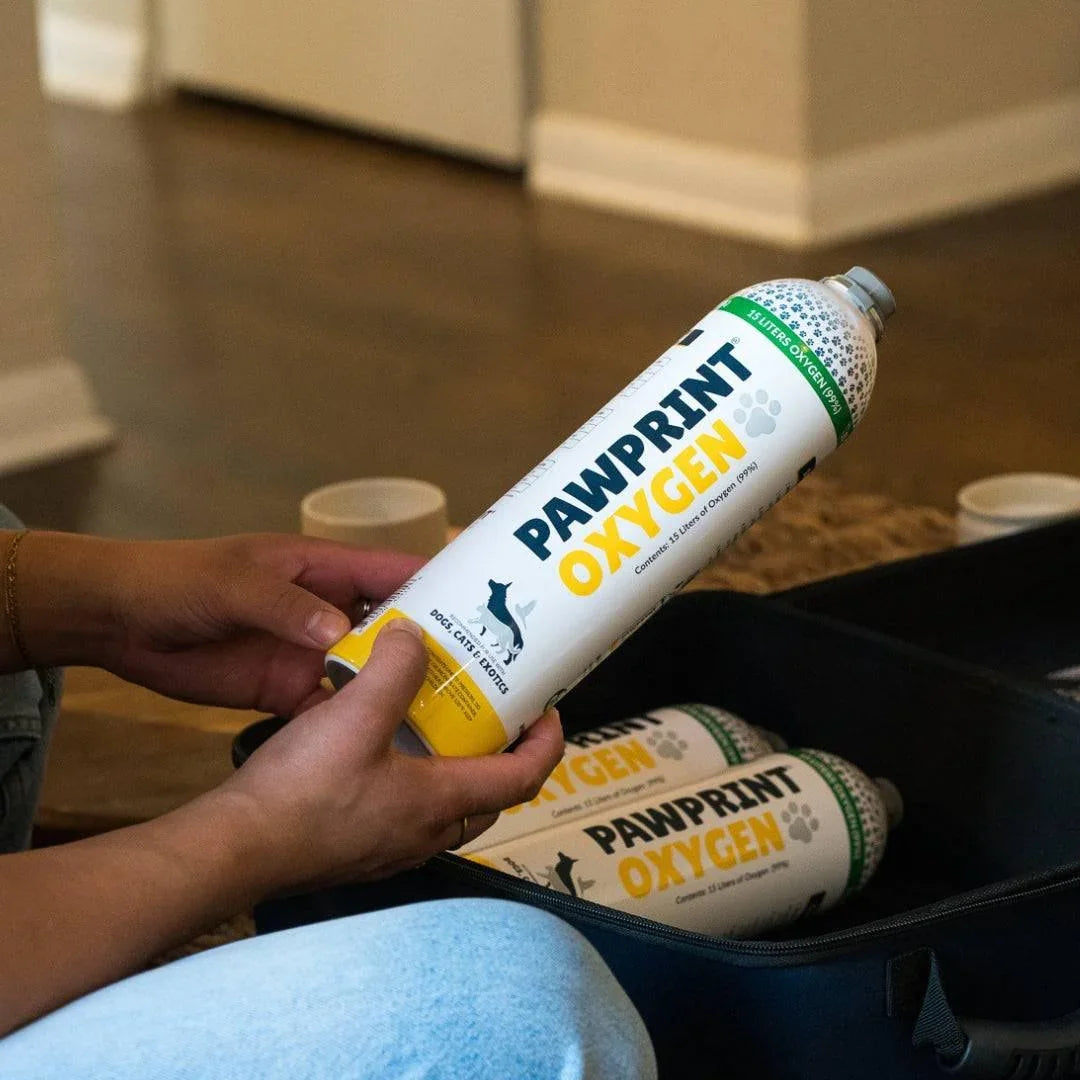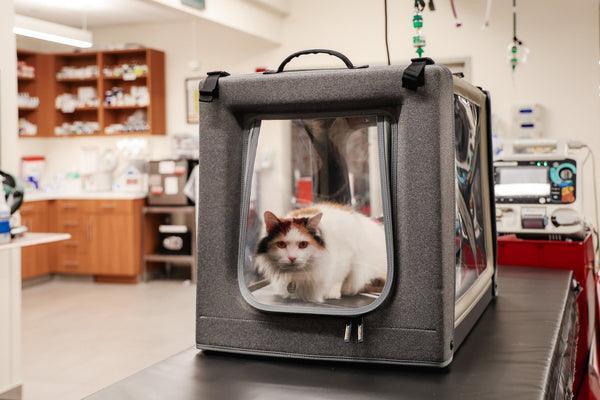Kennel cough is a common but highly contagious respiratory infection in dogs that causes a persistent, honking cough and other mild symptoms. Most dogs recover fully within a few weeks with rest, hydration, and supportive care, though some may benefit from supplemental oxygen therapy at home to ease breathing and speed recovery. Preventing kennel cough through vaccination, good hygiene, and avoiding crowded dog areas is the best way to keep your pet healthy. With the right care, dogs can recover comfortably and return to their happy, tail-wagging selves.
Table of Contents
If your dog has a persistent cough that sounds like a honk, you’re not alone. Kennel cough is one of the most common respiratory conditions veterinarians see. This contagious infection affects the upper airways, causing irritation and that signature hacking cough that can worry any pet parent. While most cases are mild and resolve with rest and care, it’s still important to monitor your dog’s breathing and overall comfort. In some situations, supplemental oxygen at home can help dogs with kennel cough breathe easier and recover more comfortably during their healing process.

What Is Kennel Cough?
Kennel cough, formally known as canine infectious tracheobronchitis, is a highly contagious respiratory infection that affects a dog’s upper airways, including the trachea and bronchi. It’s often caused by a combination of bacteria and viruses that irritate the lining of the respiratory tract, leading to coughing and inflammation. Dogs can catch it anywhere they come into close contact with others or share communal spaces and items.
Common causes and transmission methods include:
- Exposure to infected dogs through airborne droplets from coughing or sneezing
- Contact with contaminated surfaces, such as food or water bowls
- Shared environments like boarding facilities, grooming salons, shelters, or dog parks
- Stress or poor ventilation, which can make dogs more susceptible to infection
How Do Dogs Catch Kennel Cough?
Dogs typically catch kennel cough when they’re exposed to environments where many dogs gather and share air or surfaces. The infection spreads easily through airborne droplets, direct contact, or contaminated objects, making it especially common in busy or enclosed spaces. Certain factors can increase a dog’s risk, such as poor ventilation, close contact with other dogs, stress, or a weakened immune system. To help prevent infection, keep your dog’s vaccinations up to date, maintain good hygiene, and avoid crowded areas during known outbreaks.
What Are the Symptoms of Kennel Cough?
The most recognizable sign of kennel cough is a dry, hacking cough that often sounds like a goose honk and may worsen with excitement or activity. Some dogs may seem otherwise healthy aside from the cough, while others show additional signs of illness. In mild cases, symptoms may be limited to throat irritation, but more severe infections can progress to pneumonia or breathing difficulties.
Other common symptoms include:
- Gagging or retching after coughing
- Mild nasal discharge
- Sneezing or sniffling
- Low energy or reduced appetite
How Is Kennel Cough Diagnosed?
Kennel cough is typically diagnosed through a veterinarian’s physical exam and a discussion of your dog’s recent exposure to other dogs or high-risk environments. In straightforward cases, the distinctive cough and clinical signs are often enough for diagnosis. For more complicated or severe cases, your veterinarian may recommend chest X-rays, lab tests, or bacterial cultures to confirm the cause. It’s also important to rule out other conditions with similar symptoms, such as tracheal collapse, pneumonia, or heart disease, to ensure proper treatment.
How Is Kennel Cough Treated?
Treatment for kennel cough depends on the severity of your dog’s symptoms. Mild cases often resolve with rest, hydration, and monitoring at home, while moderate to severe cases may require veterinary-prescribed medications to ease discomfort and prevent complications. Keeping your dog calm and maintaining humidity in their environment can also help soothe throat irritation and promote healing.
Treatment options and care tips include:
- Plenty of rest and hydration to support recovery
- Cough suppressants or anti-inflammatories prescribed by your veterinarian
- Antibiotics if a bacterial infection like Bordetella is suspected
- Humidifiers or steamy rooms to ease breathing and throat irritation
- Immediate veterinary attention if you notice labored breathing, persistent coughing, lethargy, or loss of appetite
Can I Treat Kennel Cough at Home?
Many mild cases of kennel cough can be safely managed at home with supportive care and close observation. Keeping your dog comfortable and reducing throat irritation can help speed up recovery and prevent complications. Make sure your dog rests in a calm, warm, and well-ventilated area while staying hydrated and nourished. Using a humidifier or vaporizer can help ease coughing, and offering soft food and plenty of fresh water will make eating and drinking easier during recovery.
Does Supplemental Oxygen Therapy Help Dogs with Kennel Cough?
For dogs struggling to breathe comfortably due to kennel cough or related respiratory inflammation, supplemental oxygen therapy can be a valuable part of at-home care. Oxygen therapy helps ease breathing, reduces fatigue, and supports overall recovery, especially for dogs with more severe coughing or secondary infections. By providing a steady flow of purified oxygen, pet parents can help their dogs rest and heal more comfortably.
Oxygen therapy benefits and guidelines include:
-
How it supports recovery:
- Relieves breathing difficulty and oxygen deprivation during airway inflammation
- Reduces respiratory effort and fatigue in dogs with restricted airways
- Promotes faster healing and greater comfort during recovery
-
When it’s appropriate:
- Dogs with moderate to severe coughing, wheezing, or low oxygen levels (as assessed by a vet)
- Dogs recovering from secondary infections or pneumonia
-
Tools available:
- Portable oxygen kits for short-term or emergency use at home and during transport
- Oxygen concentrators and chambers like the PureVent Pet Oxygen Chamber and PureVent 5 Liter Oxygen Concentrator for calm, continuous therapy sessions
- Always use oxygen therapy under veterinary guidance to ensure safe and effective support for your dog’s respiratory health.
How Long Does Kennel Cough Last?
Most dogs with kennel cough recover within 1–3 weeks, though older dogs or those with weakened immune systems may take up to 6 weeks to fully heal. Recovery time can vary based on several factors, including your dog’s age, overall health, stress levels, and whether secondary infections develop. While mild coughing may linger after the main infection clears, it’s important to monitor for any signs of worsening symptoms or breathing difficulties and contact your veterinarian if they occur.
Is Kennel Cough Contagious?
Yes, kennel cough is highly contagious among dogs, particularly in environments where they share air, bowls, or toys, such as dog parks, boarding facilities, and groomers. If your dog is showing symptoms, it’s best to isolate them for 10–14 days to prevent spreading the infection to other pets. Fortunately, kennel cough is rarely transmitted to humans, and such cases are extremely uncommon, especially in people with healthy immune systems.
What causes kennel cough, bacteria, viruses, or both?
Kennel cough is caused by both bacteria and viruses. It’s a highly contagious illness that often spreads in environments where dogs are in close contact, such as kennels, doggy daycares, and shelters. The most common bacterial culprit is Bordetella bronchiseptica, while viral contributors can include canine parainfluenza virus, canine adenovirus type 2, and canine influenza virus, among others.
These pathogens can act alone or in combination to compromise the respiratory tract, making dogs more vulnerable to secondary infections. This is why kennel cough can vary in severity, from a mild cough to more serious symptoms like lethargy, loss of appetite, and fever. Vaccinations and good hygiene practices are key to reducing the risk of infection.
Is kennel cough the same as a dog cold or flu?
Kennel cough is similar to a dog cold or flu in that it affects the respiratory system and can cause symptoms like coughing, sneezing, nasal discharge, and lethargy. However, kennel cough is not exactly the same. It’s a specific illness often caused by a combination of viruses and bacteria, most commonly Bordetella bronchiseptica and canine parainfluenza virus. It's highly contagious and typically spreads in places where dogs congregate.
In contrast, the term "dog cold" is a more general way to describe mild respiratory symptoms, while "dog flu" usually refers to a specific viral infection caused by canine influenza viruses like H3N8 or H3N2. So while the symptoms can overlap, kennel cough is its own distinct condition within the broader category of canine respiratory illnesses.
How often should my dog get the kennel cough vaccine?
Dogs should receive the kennel cough vaccine, commonly referred to as the Bordetella vaccine, once a year, though some veterinarians may recommend it every six months for dogs at higher risk, such as those who frequently visit boarding facilities, groomers, dog parks, or daycare centers. It's best to consult your veterinarian to determine the right schedule based on your dog’s lifestyle and exposure risk.
How Can I Prevent Kennel Cough?
Prevention is the best way to protect your dog from kennel cough, especially if they spend time in social or boarding environments. A combination of vaccination, hygiene, and healthy lifestyle habits can significantly lower the risk of infection. By keeping your dog’s immune system strong and their environment clean, you can help them stay safe from this common respiratory illness.
Key prevention steps include:
Vaccination: Keep your dog’s Bordetella, parainfluenza, and adenovirus vaccines current to reduce the risk of infection.
Environmental control: Provide clean bedding, ensure good ventilation, and limit contact with sick dogs.
Boost immunity: Support your dog’s health with a balanced diet, regular exercise, and stress reduction.
Travel & boarding prep: Always notify boarding facilities or groomers about any recent illness or exposure to kennel cough before visits.
When Should I Seek Emergency Care?
While most cases of kennel cough are mild, some dogs may develop more serious respiratory distress that requires urgent veterinary attention. It’s important to watch closely for warning signs that your dog’s condition is worsening or that they’re not getting enough oxygen. If you notice any of the following symptoms, contact your veterinarian or an emergency clinic right away.
Signs your dog may need immediate care include:
- Rapid or labored breathing
- Blue or pale gums, which may indicate low oxygen levels
- Persistent coughing that prevents your dog from eating or sleeping
- Lethargy, weakness, or collapse
In these situations, portable oxygen kits can provide immediate support and help stabilize your dog’s breathing during transport to the veterinary clinic.

Keeping Your Dog Healthy
Most dogs recover fully from kennel cough with attentive care, rest, and a little patience. By staying proactive with vaccinations, maintaining good hygiene, and monitoring your dog’s breathing, you can help prevent future infections and keep your pet healthy year-round. For dogs that struggle to breathe comfortably during recovery, supplemental oxygen therapy can provide valuable relief and support healing at home. To learn more about safe, veterinarian-approved oxygen solutions for your pet, visit Pawprint Oxygen today.

